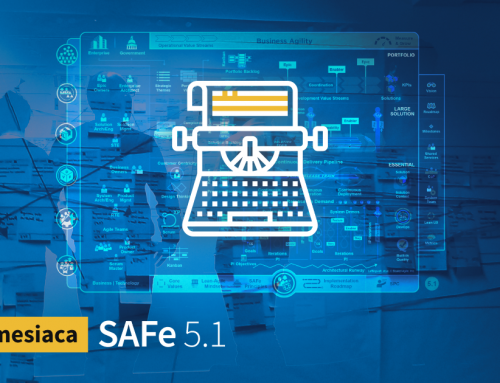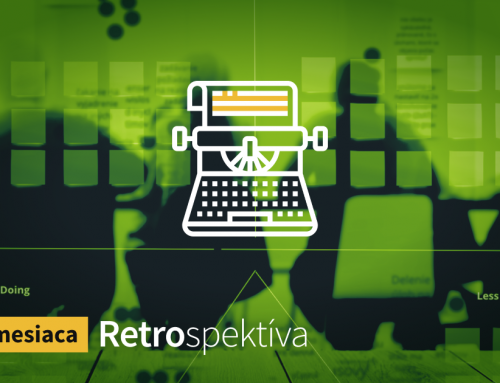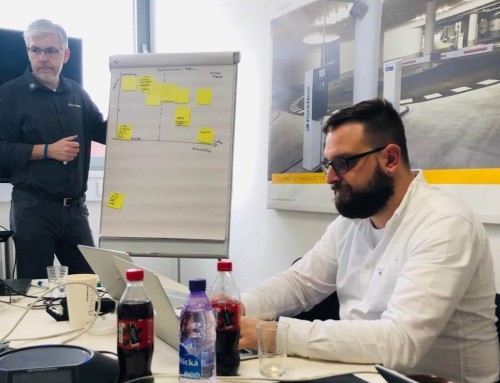Training AGILE & SCRUM FUNDAMENTALS
Fundamental training in agile philosophy, principles, and practices. Explanation of Scrum project management framework, its roles, and activities. Comparison of agile practices with the traditional way of project management and product development.
This is a practical workshop where you will learn agile through experience, games, and activities.

For who
Business owners, all team members, ScrumMasters, project management, team leaders, product owners, management. A maximum number of attendees is 25 per training.
Why ScrumDesk?
We help Slovak, Czech, German, US and Swiss companies introduce Agile for more than 10 years. We helped teams in banks, telco, insurance, product developers plus software vendors not just to introduce the principles by training, but with mentoring and coaching as well. Also, we had opportunities to help companies either develop new products or improve their portfolio with help of agile practices.
When
28-29 May 2018, 9:00-17:00
Where
Bratislava, Slovakia
Price
500 Euro/participant, 10% discount for registered attendees of ScrumImpulz conference. The price is without VAT.
What you will get
- A certificate of your training attendance
- An electronic form of the presentation
- An access to ScrumDesk Agile Community channel
- 1/2 hour online mentoring timeslot after the training
Registration are closed already. See you the next time!
Agenda
DAY I – PRINCIPLES
- Adaptive project management
- Agile Manifesto – fundamentals of agility
- Agile team
- Incremental and iterative development
- Self-organization (the game)
- Scrum
- Scrum roles
- User Story
- Estimation
- Planning poker game
- Kanban boards
- Sprint review
- Retrospective, improvements process
- Agile practices in real life. Case studies.
DAY II – LEGO SIMULATION
- Product vision
- Lean Canvas
- Product strategy
- Backlog grooming
- Release planning
- Estimation
- Prioritization
- Sprint slotting
- Sprint #1
- Sprint planning
- Demo
- Retro
- Sprint #2
- Sprint planning
- Demo
- Retrospective






